Search
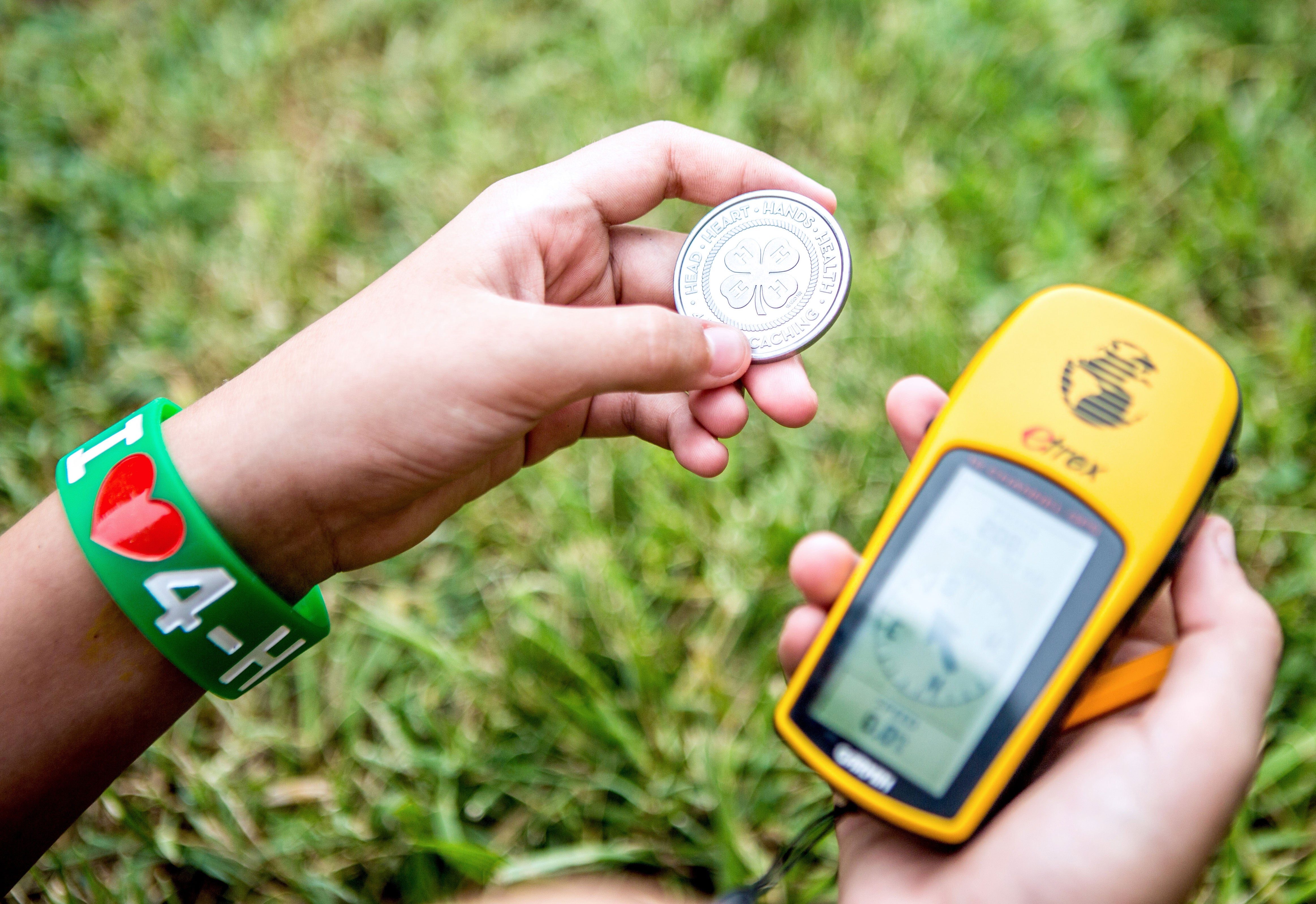
Science, Technology, Engineering and Math (STEM)
STEM programing supports youth in developing a variety of skills including critical thinking, team work and communication.
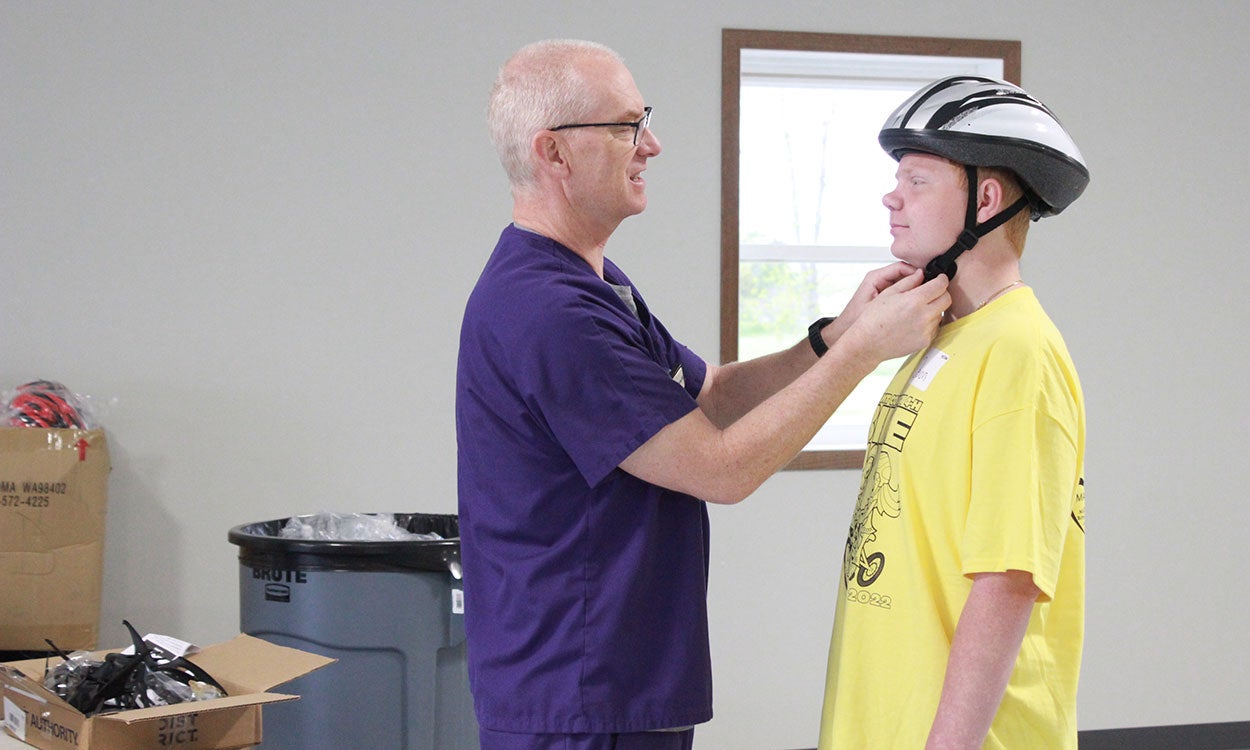
4-H Bike Rodeo and Safety
Overview document including complete lesson plans for a 4-H Bike Rodeo and Safety program to make youth aware of the importance of riding their bike.
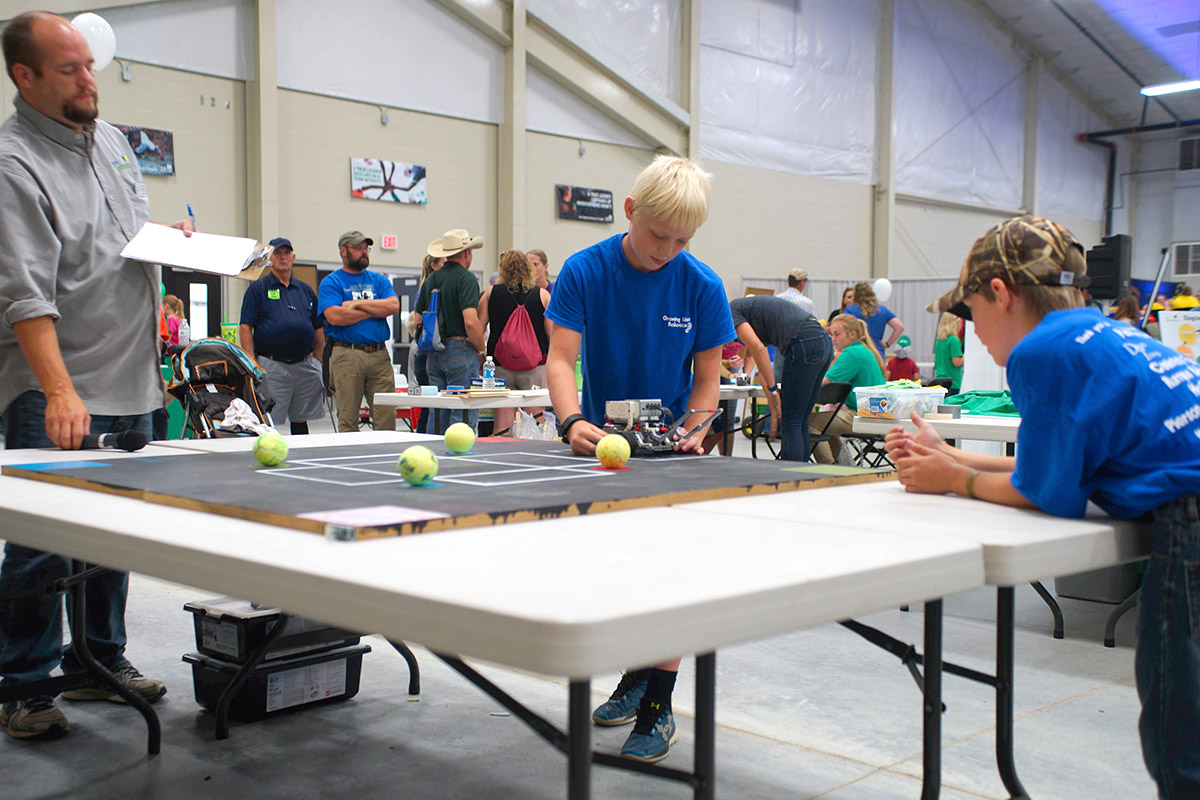
South Dakota 4-H Robotics & Engineering 2019 Challenge Packet - Recycle Challenge
The South Dakota 4-H Robotics Challenge is an opportunity for youth who have been learning about robotics to demonstrate their learning, celebrate their accomplishments, and interact with others who share an interest in robotics.
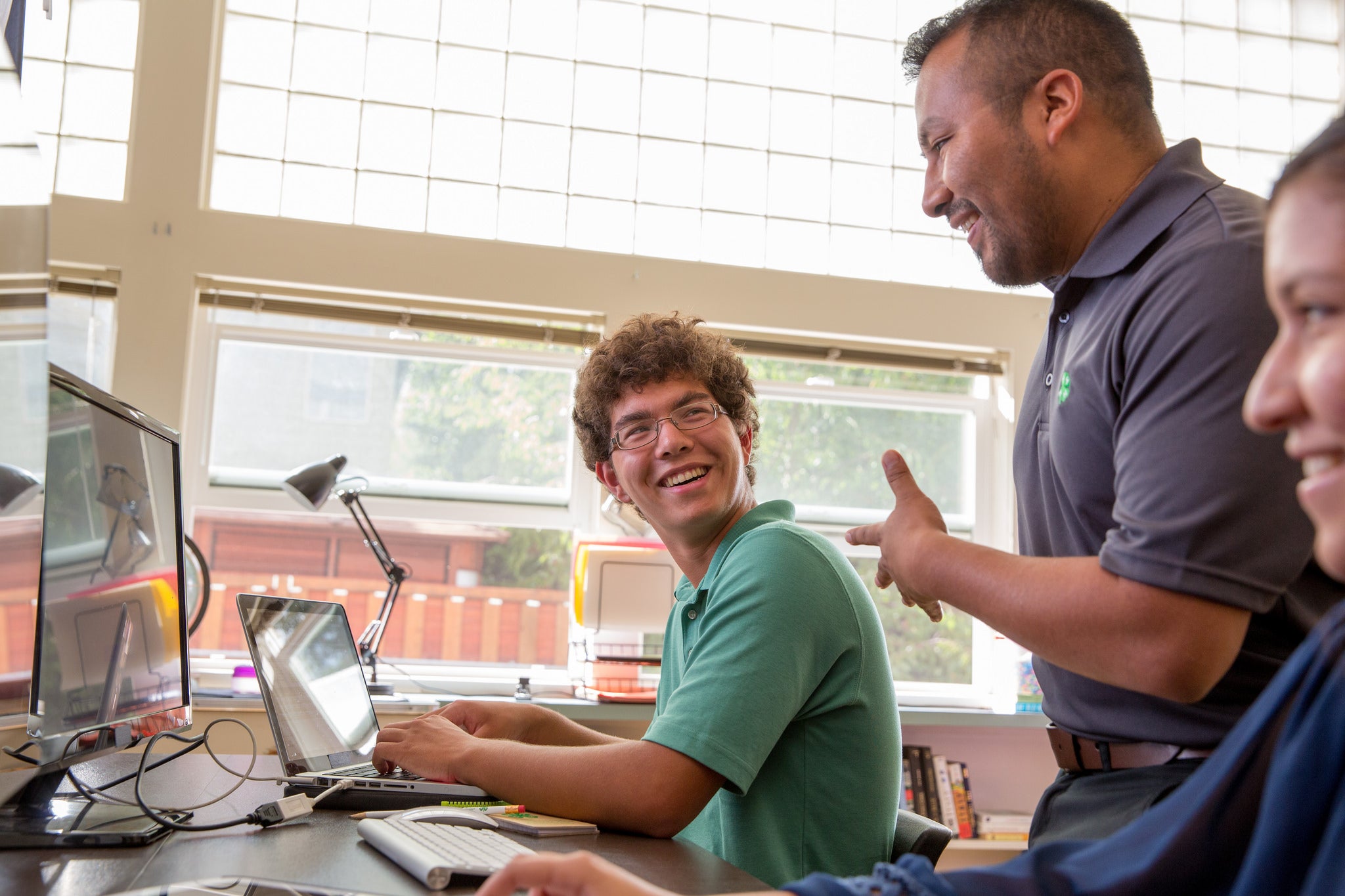
Youth Research: Where to Begin
Whether working on a science fair project, writing a class report, or just looking for general information on a topic it is a good idea to become familiar with the basic practices of conducting research.
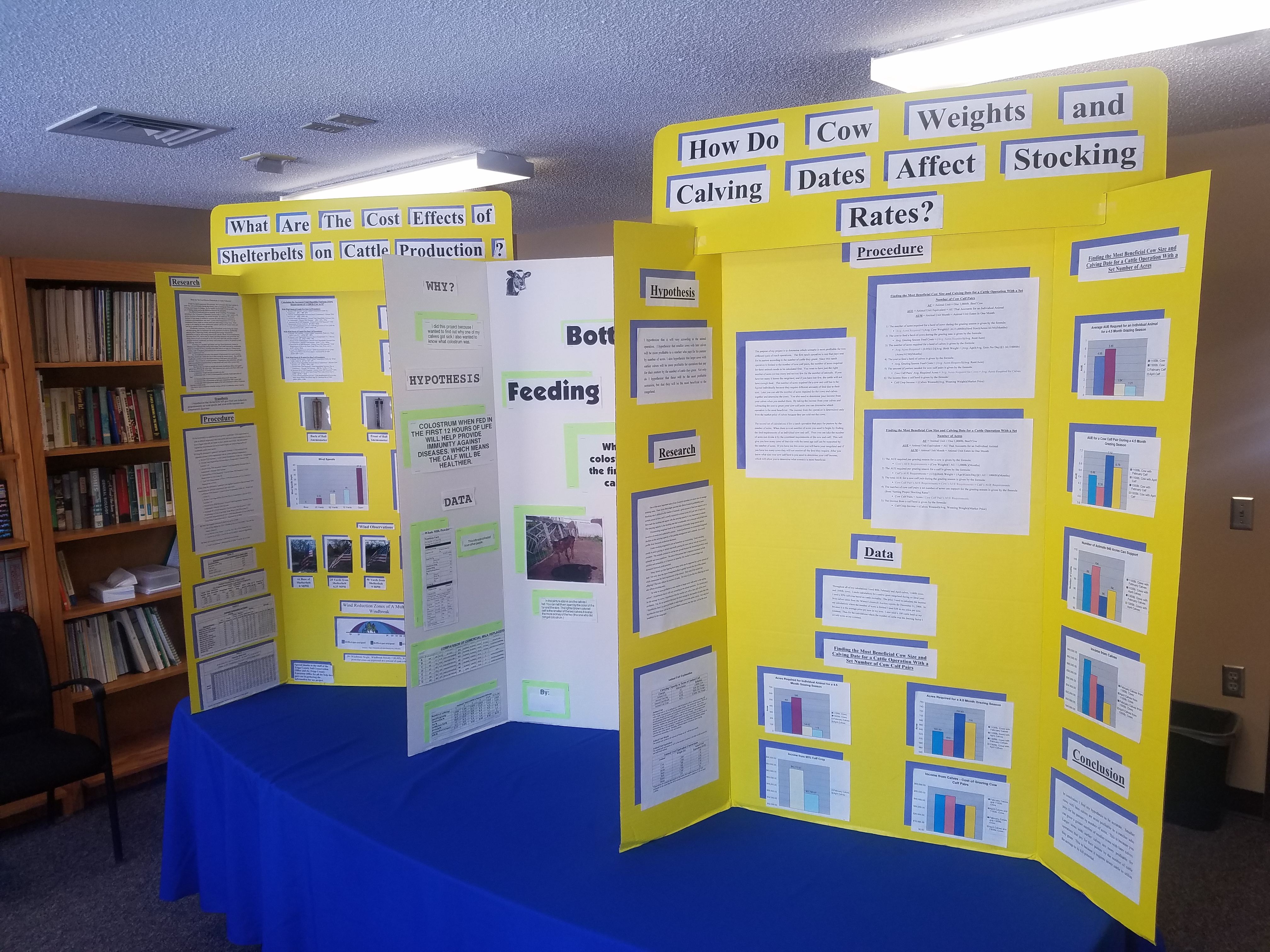
Presenting Scientific Information: Display Boards
For youth participating in scientific discovery, posters and display boards are a very common form of communicating scientific information.

Importance of Good Record Keeping: The Science & Engineering Notebook
Scientists and engineers use special notebooks or journals to make daily logs of what they are doing and what they have learned.
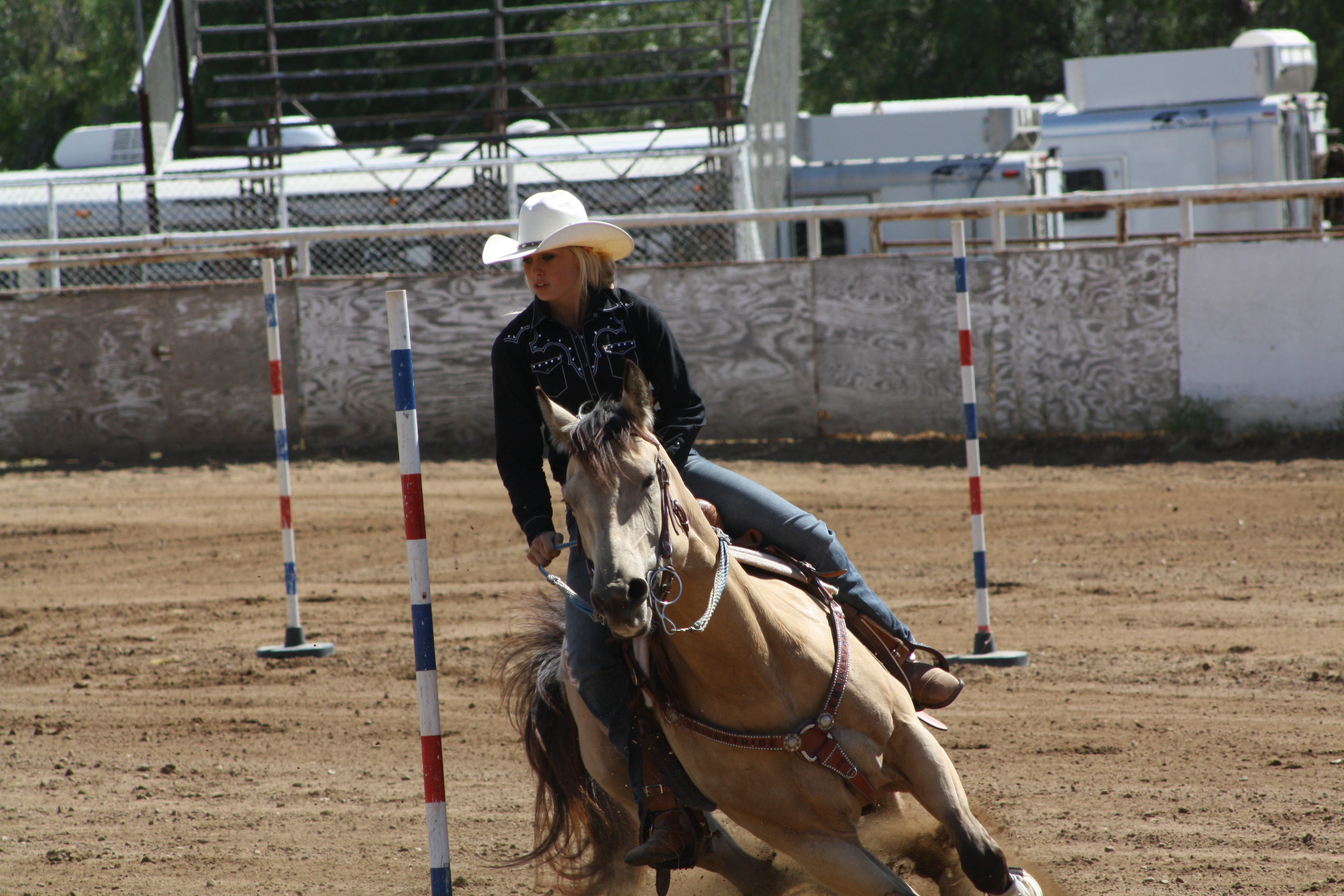
State 4-H Rodeo Resources
View the documents and forms to participate in the State 4-H Rodeo.
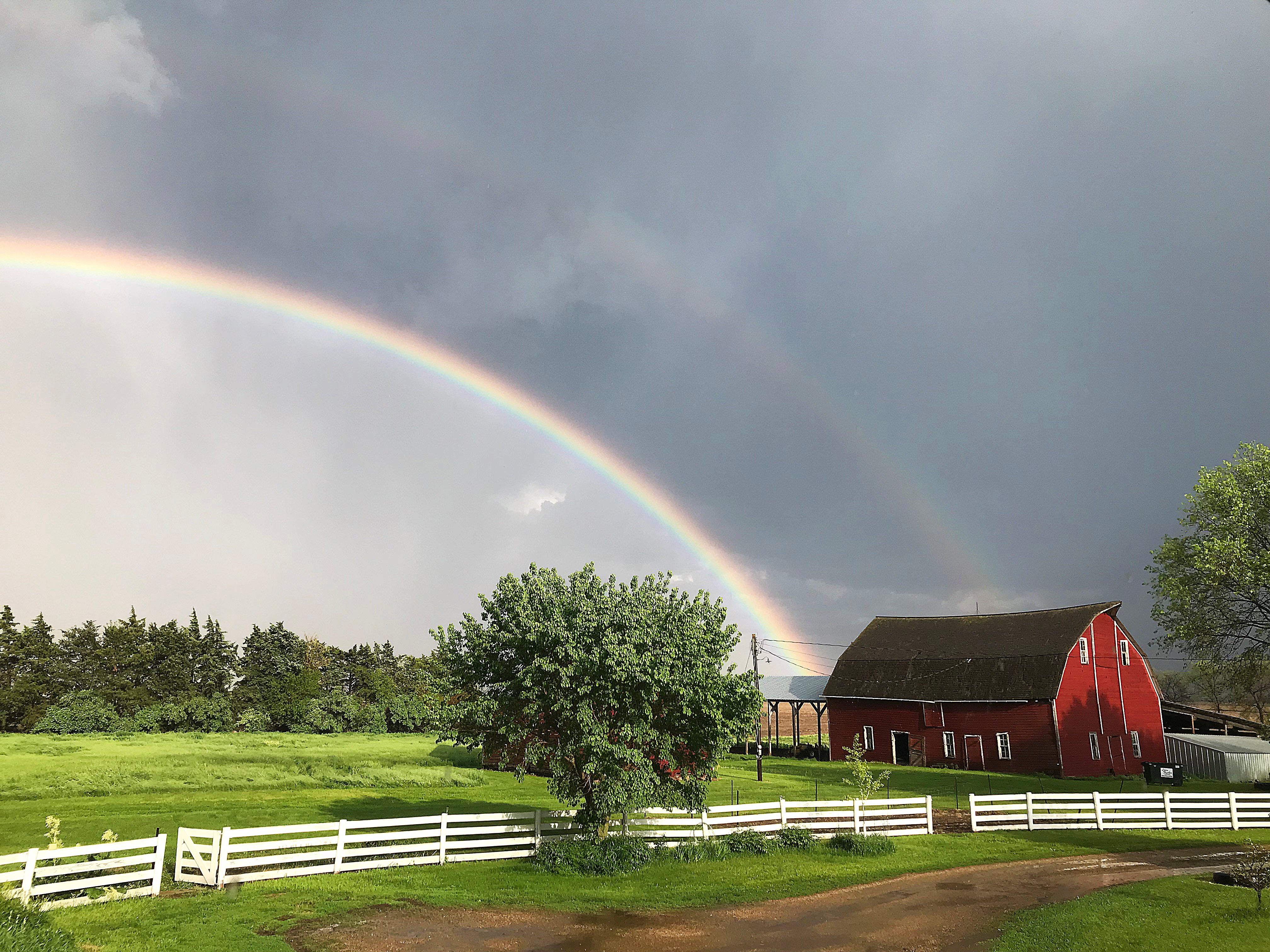
South Dakota 4-H Robotics - Getting Started
In South Dakota 4-H Robotics is about much more than the competition. It is about the development of youth through experiential learning. During the program youth are introduced to a variety of science, technology, engineering, and math (STEM) concepts, but also develop a variety of life skills including, but not limited to: problem solving, communication, and teamwork.
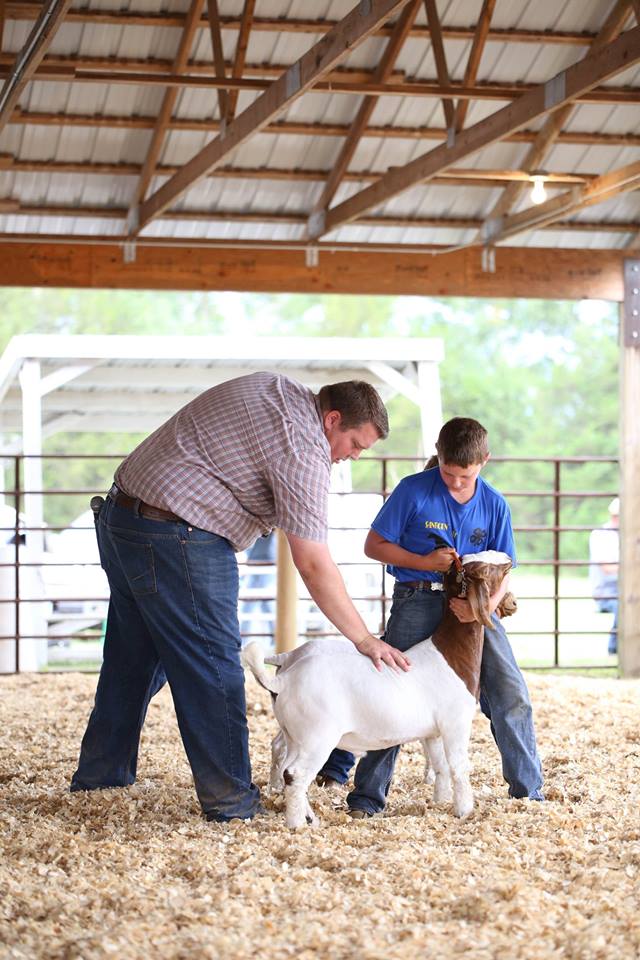
Bringing Home Your 4-H Goat Project
Sales and transport is a stressful time for any animal. Reducing stress factors due to transitions start before the actual purchase of your new project. Managing proper nutrition and disease management are just a couple factors to help your project get off to a great start.

Why Tattoo Your 4-H Livestock?
Proper identification of animals helps create an honest record keeping system. With current DNA blood typing procedures animals can be identified through parentage, but when it comes to everyday practices on the farm or ranch a good tattoo can be a huge time saver in the event of a lost ear tag.